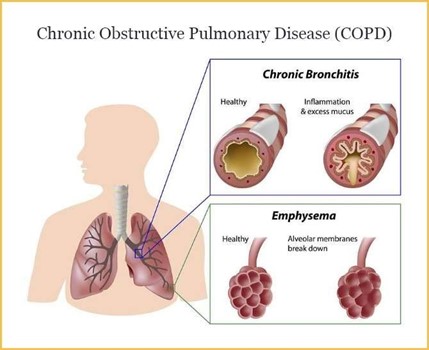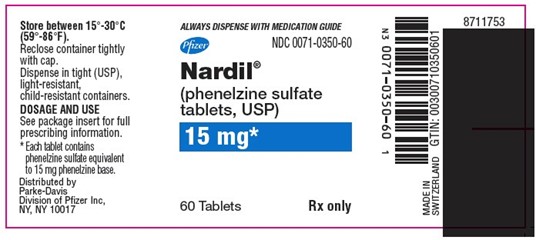A nurse in a long-term care facility has received change-of-shift report about four clients. Which of the following clients should the nurse attend to first?
A client who has heart failure and is incontinent of urine
A client who has COPD and dementia and was agitated during the night shift
A client who had a hip arthroplasty 10 days ago and reports pain with ambulation
A client who had a cerebrovascular accident 6 months ago and reports constipation
The Correct Answer is B
The nurse should atend to the client who has COPD and dementia and was agitated during the night shift first. This client may be experiencing respiratory distress or other complications related to their COPD and requires immediate assessment and intervention.
a) A client who has heart failure and is incontinent of urine requires atention, but their needs are not as urgent as those of the client with COPD and agitation.
c) A client who had a hip arthroplasty 10 days ago and reports pain with ambulation requires atention, but their needs are not as urgent as those of the client with COPD and agitation.
d) A client who had a cerebrovascular accident 6 months ago and reports constipation requires attention, but their needs are not as urgent as those of the client with COPD and agitation.

Nursing Test Bank
Naxlex Comprehensive Predictor Exams
Related Questions
Correct Answer is D
Explanation
The nurse should expect the provider to discontinue phenelzine 2 weeks before starting fluoxetine treatment. Phenelzine is a monoamine oxidase inhibitor (MAOI) and should not be taken with fluoxetine, which is a selective serotonin reuptake inhibitor (SSRI). Taking these two medications together can cause a dangerous drug interaction known as serotonin syndrome.
a) Levothyroxine is a thyroid hormone replacement medication and does not interact with fluoxetine.
b) Acetaminophen is a pain reliever and does not interact with fluoxetine.
c) Simvastatin is a cholesterol- lowering medication and does not interact with fluoxetine.

Correct Answer is A
Explanation
A nurse caring for a client who is receiving total parenteral nutrition should identify that a serum calcium level of 12.5 mg/dL indicates a possible complication of this therapy. Total parenteral nutrition can result in electrolyte imbalances, including hypercalcemia (high levels of calcium in the blood).
The other laboratory results are within normal ranges and do not indicate a complication of total parenteral nutrition.
b) A BUN level of 16 mg/dL is within the normal range.
c) A serum potassium level of 4.6 mEq/L is within the normal range.
d) A WBC count of 8,000/mm³ is within the normal range.
Whether you are a student looking to ace your exams or a practicing nurse seeking to enhance your expertise , our nursing education contents will empower you with the confidence and competence to make a difference in the lives of patients and become a respected leader in the healthcare field.
Visit Naxlex, invest in your future and unlock endless possibilities with our unparalleled nursing education contents today
Report Wrong Answer on the Current Question
Do you disagree with the answer? If yes, what is your expected answer? Explain.
Kindly be descriptive with the issue you are facing.
